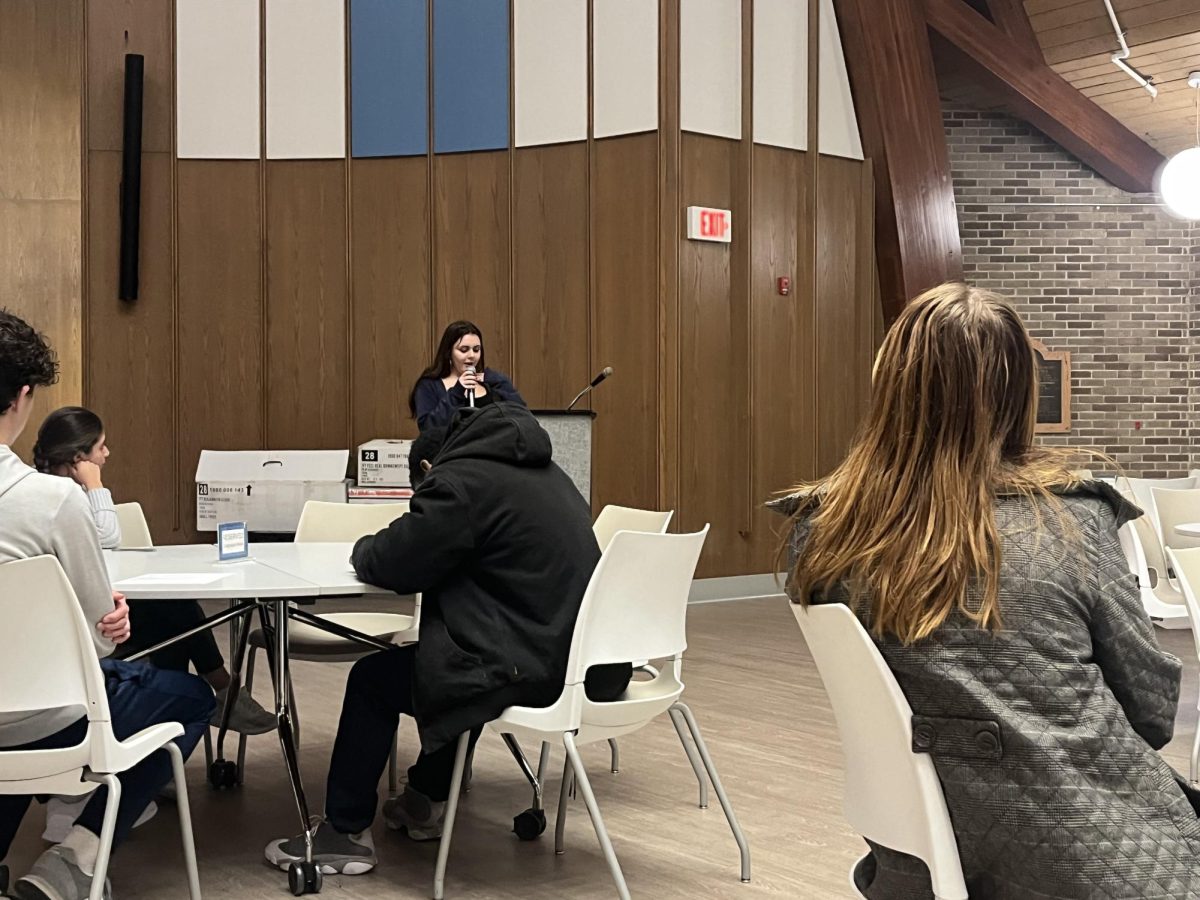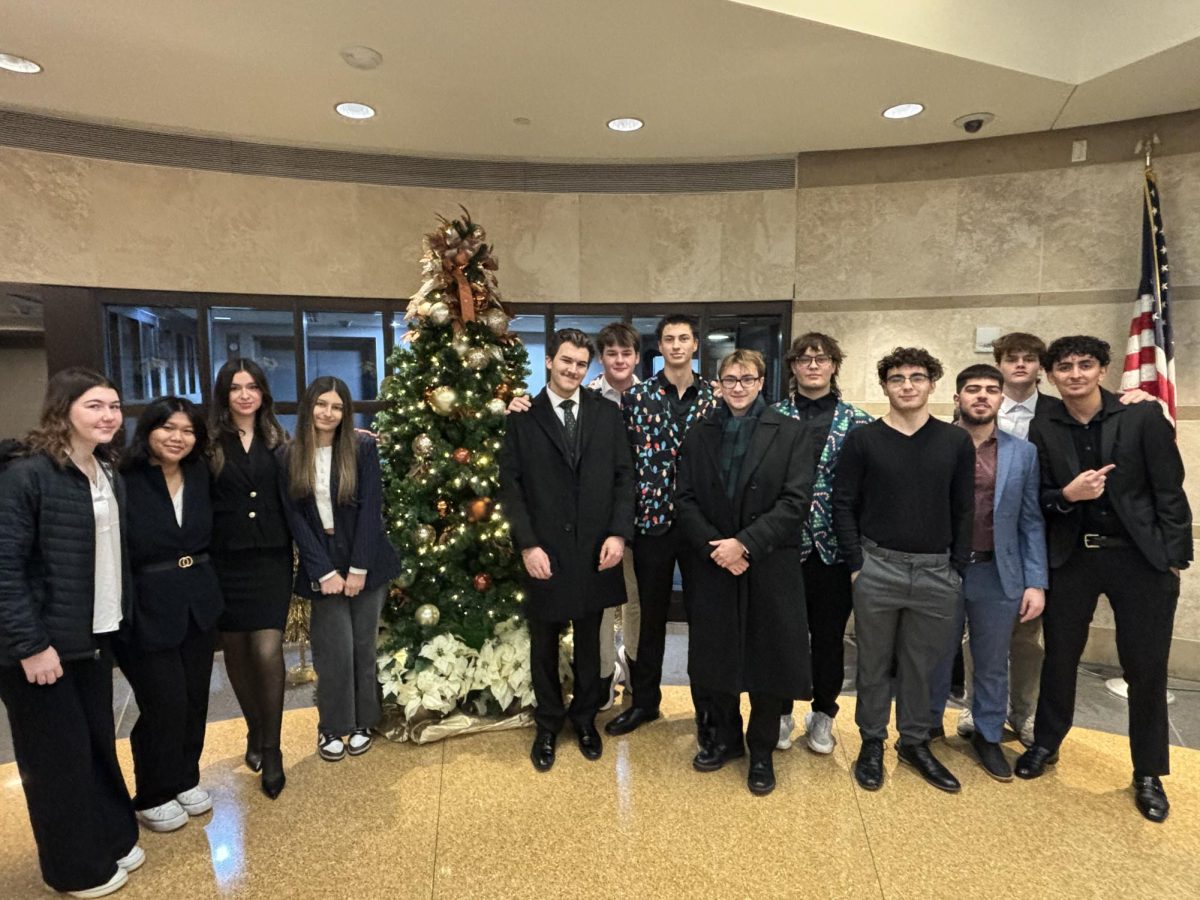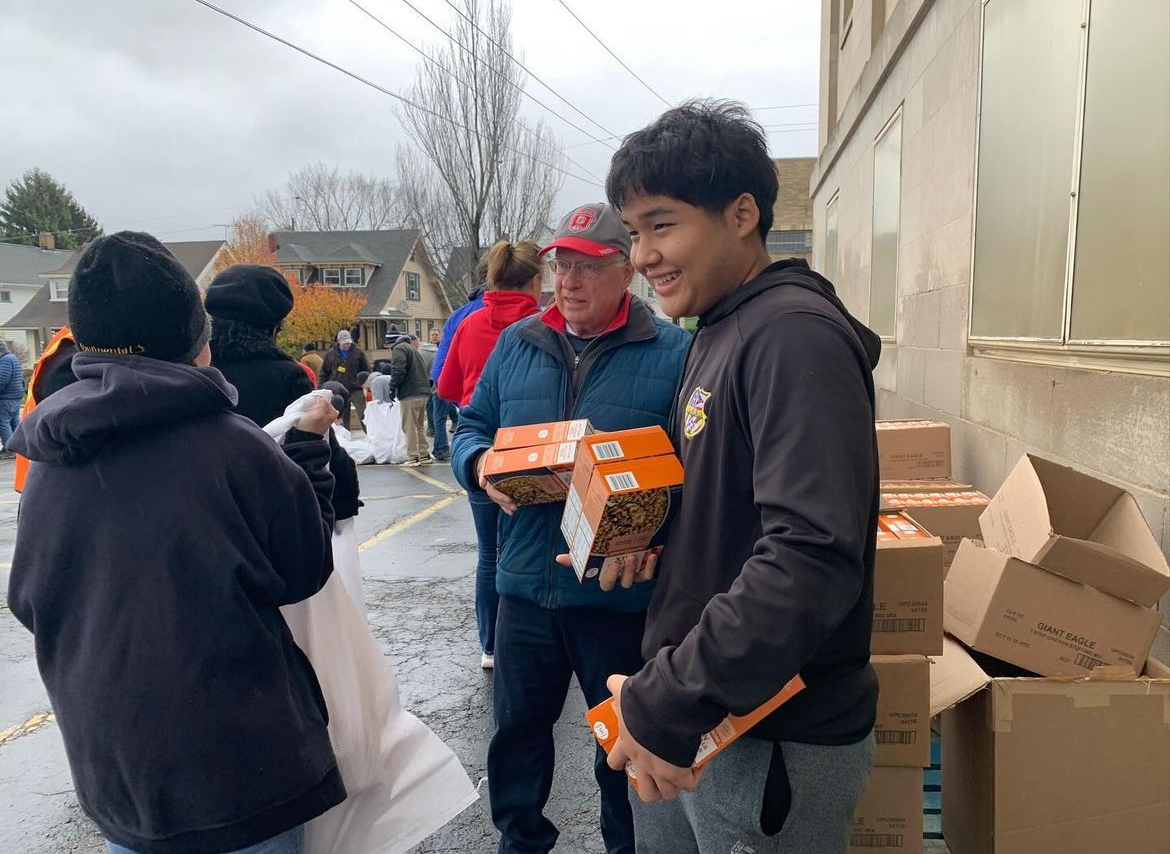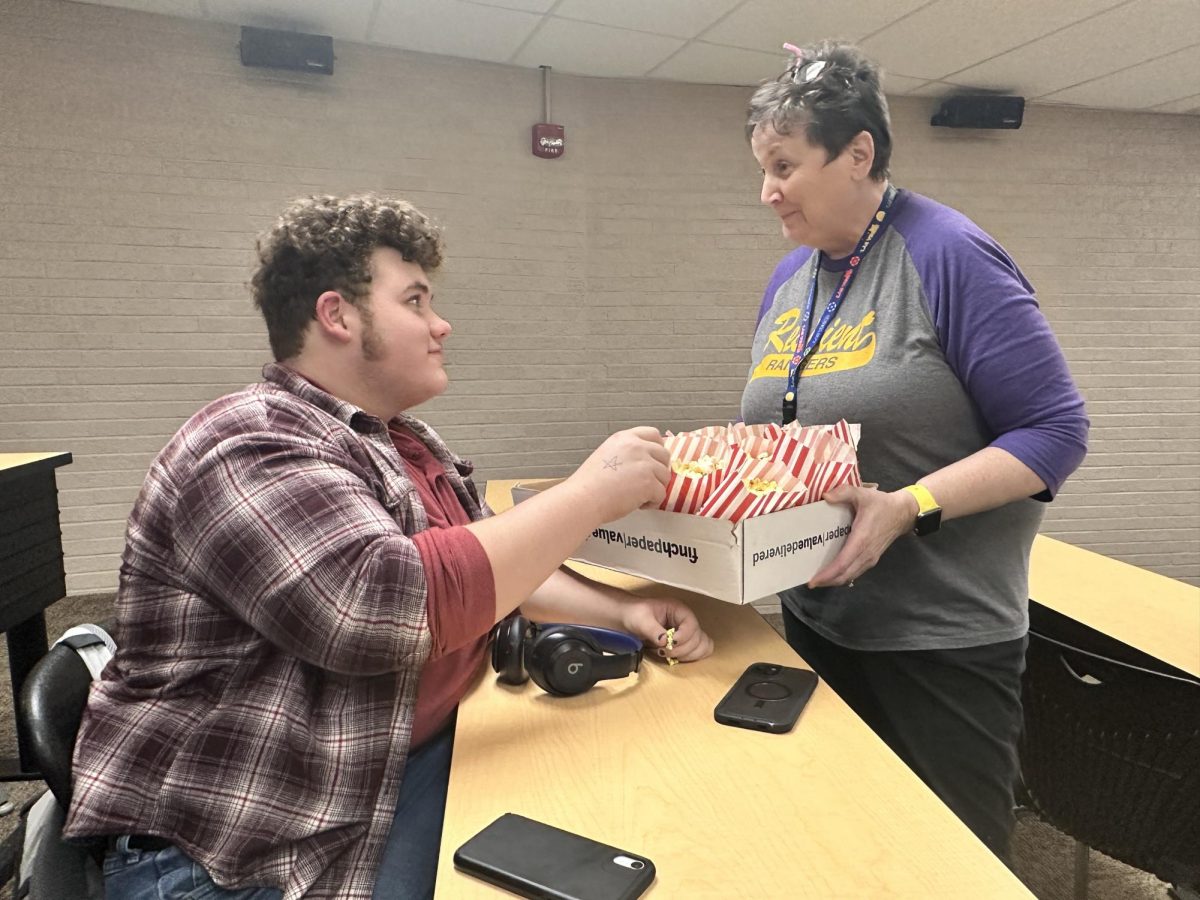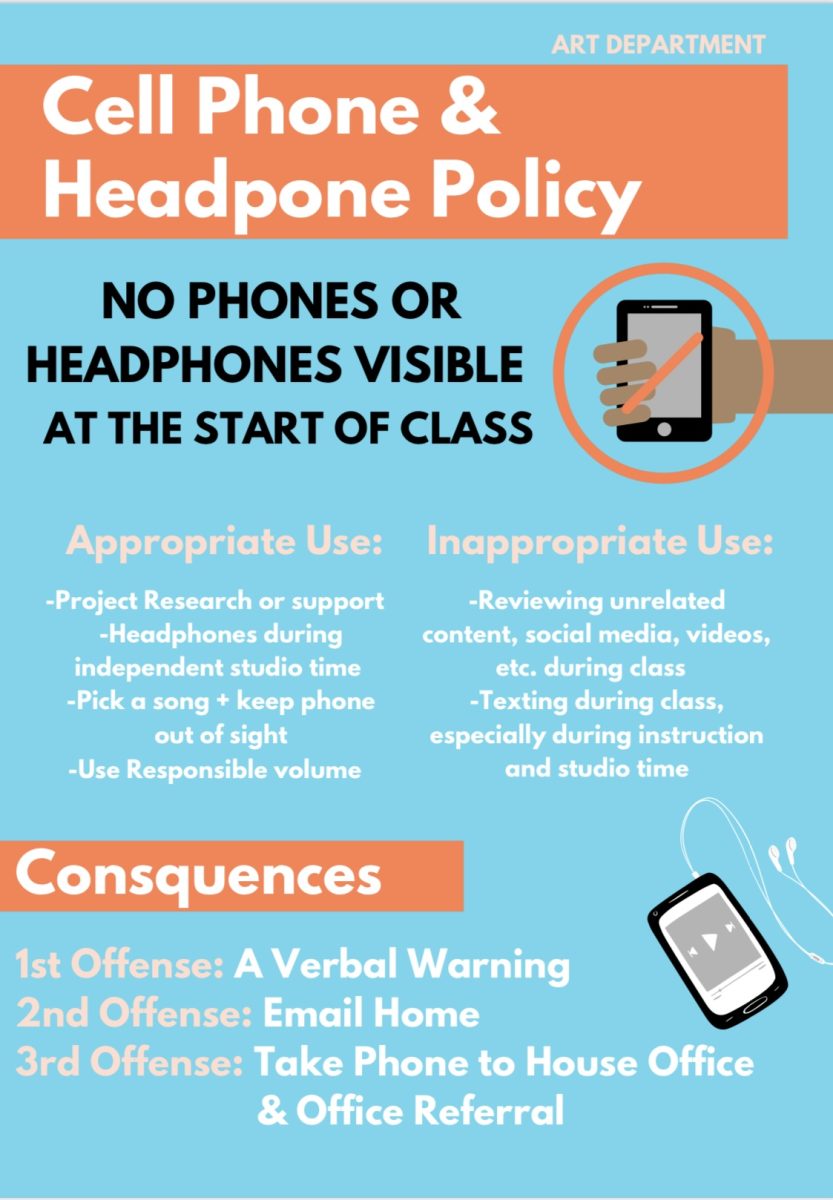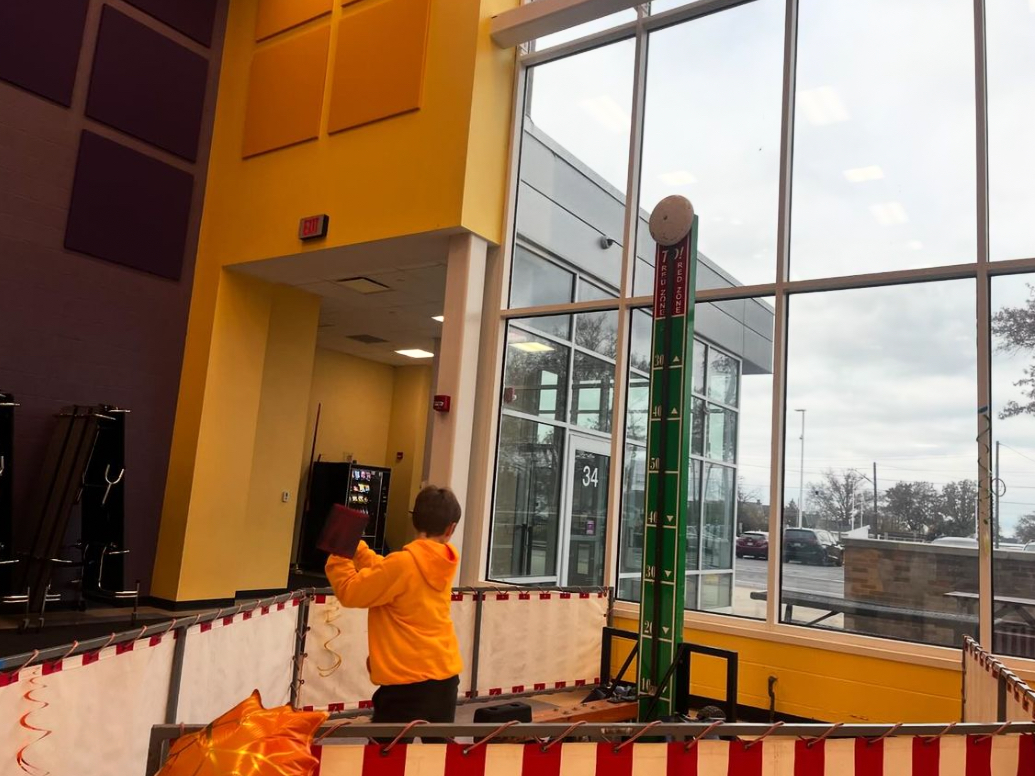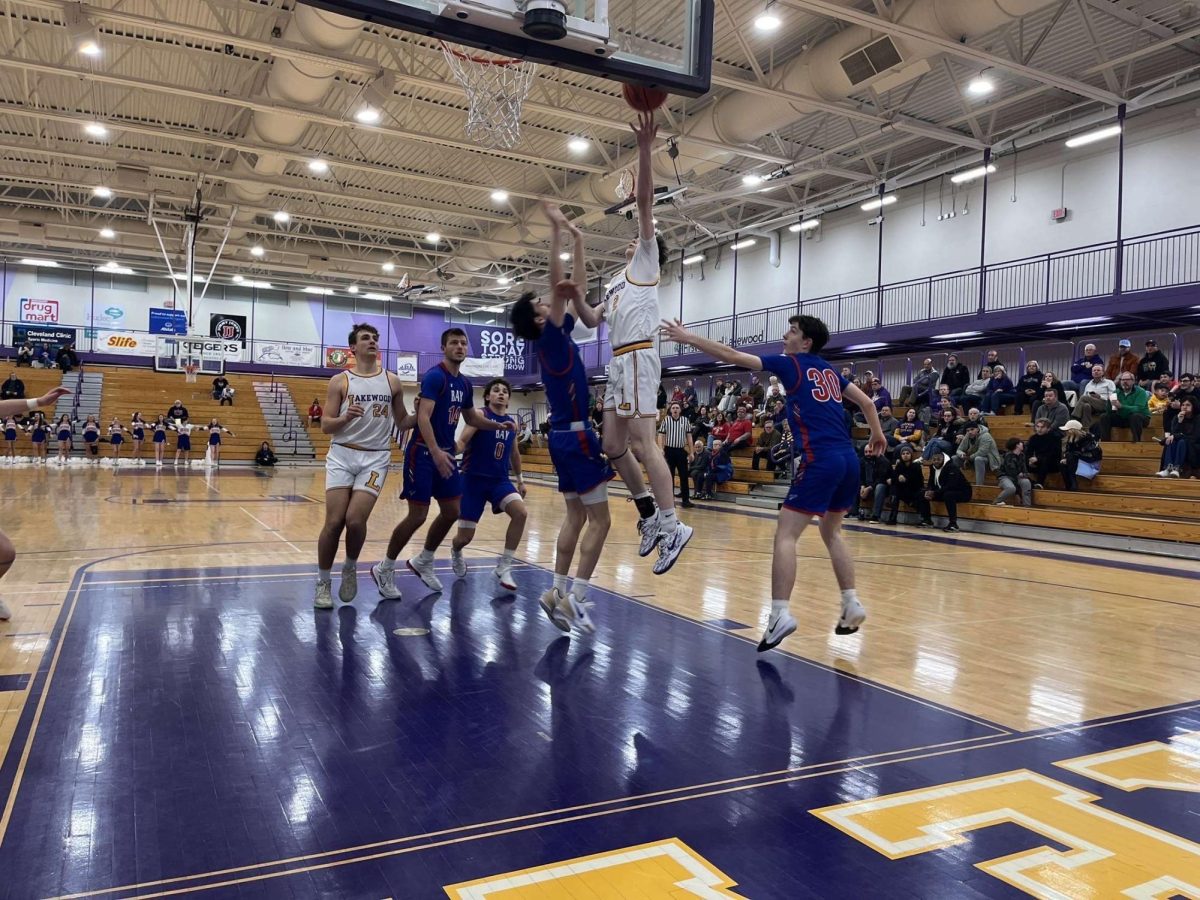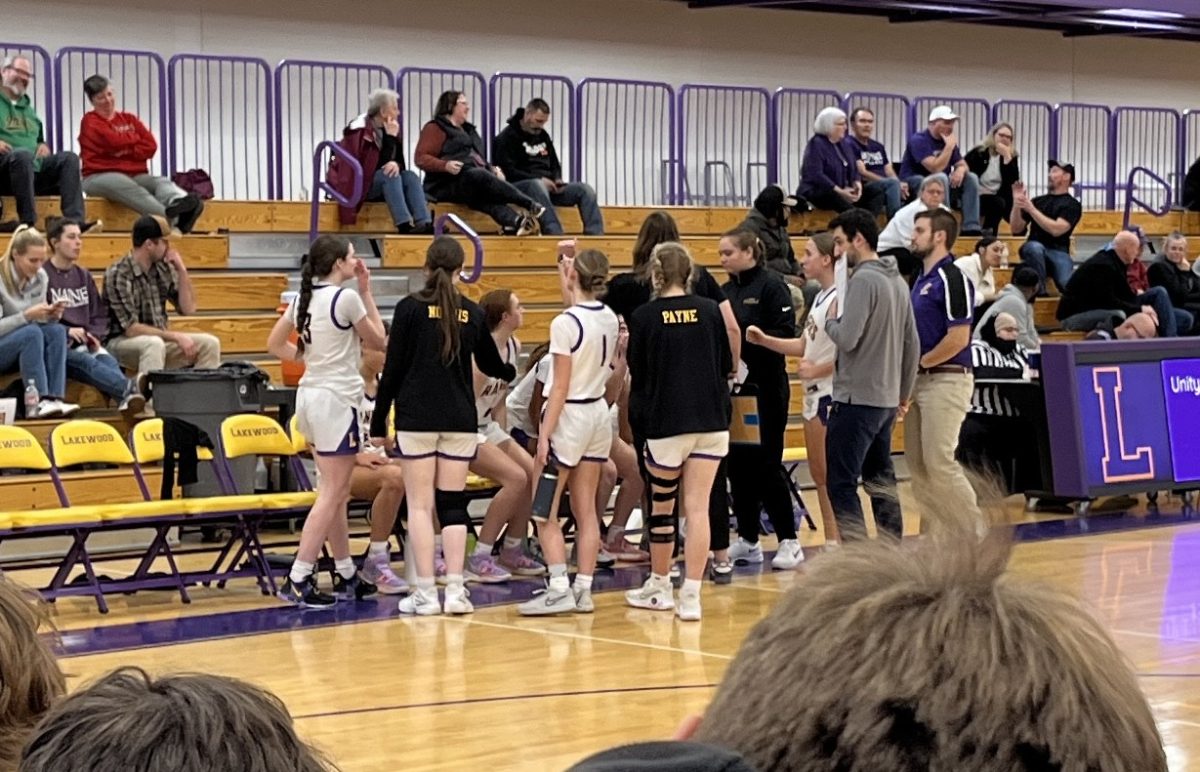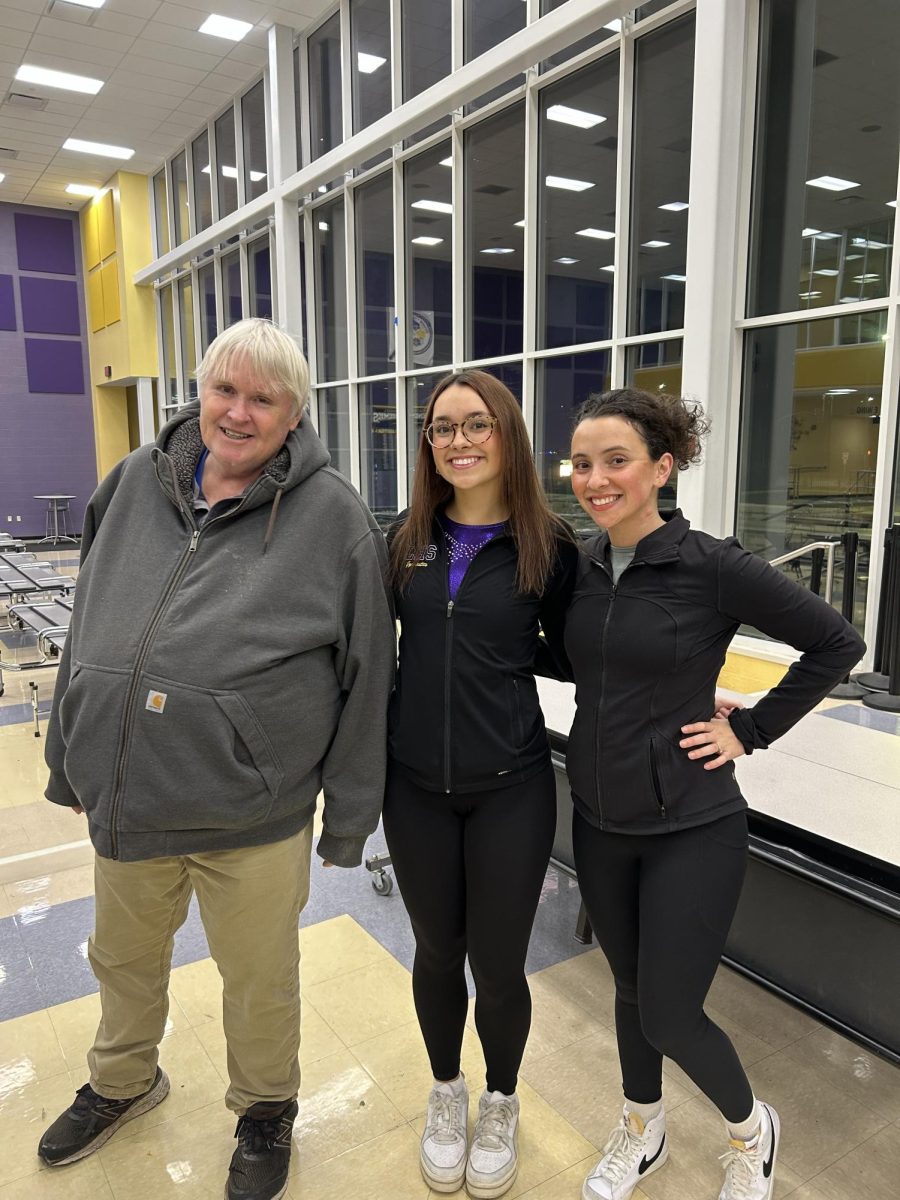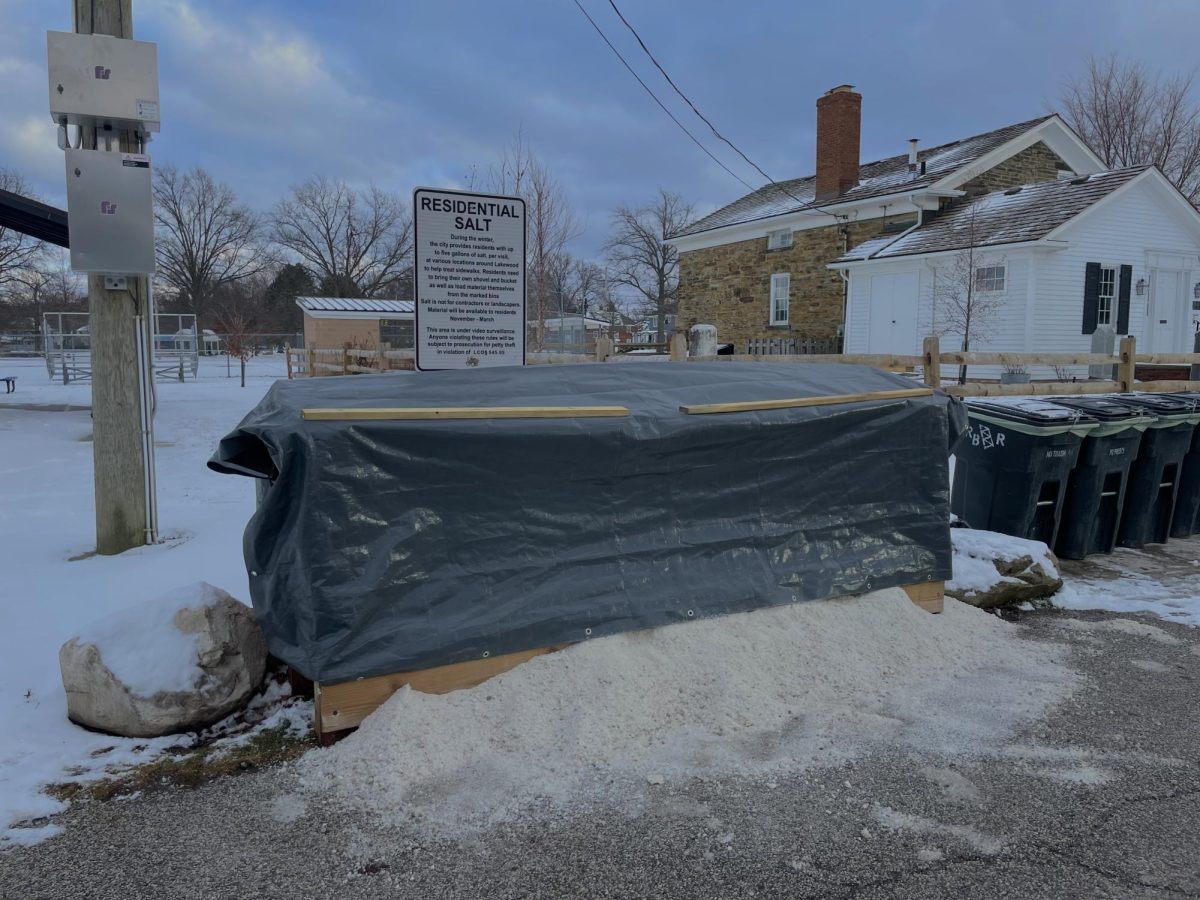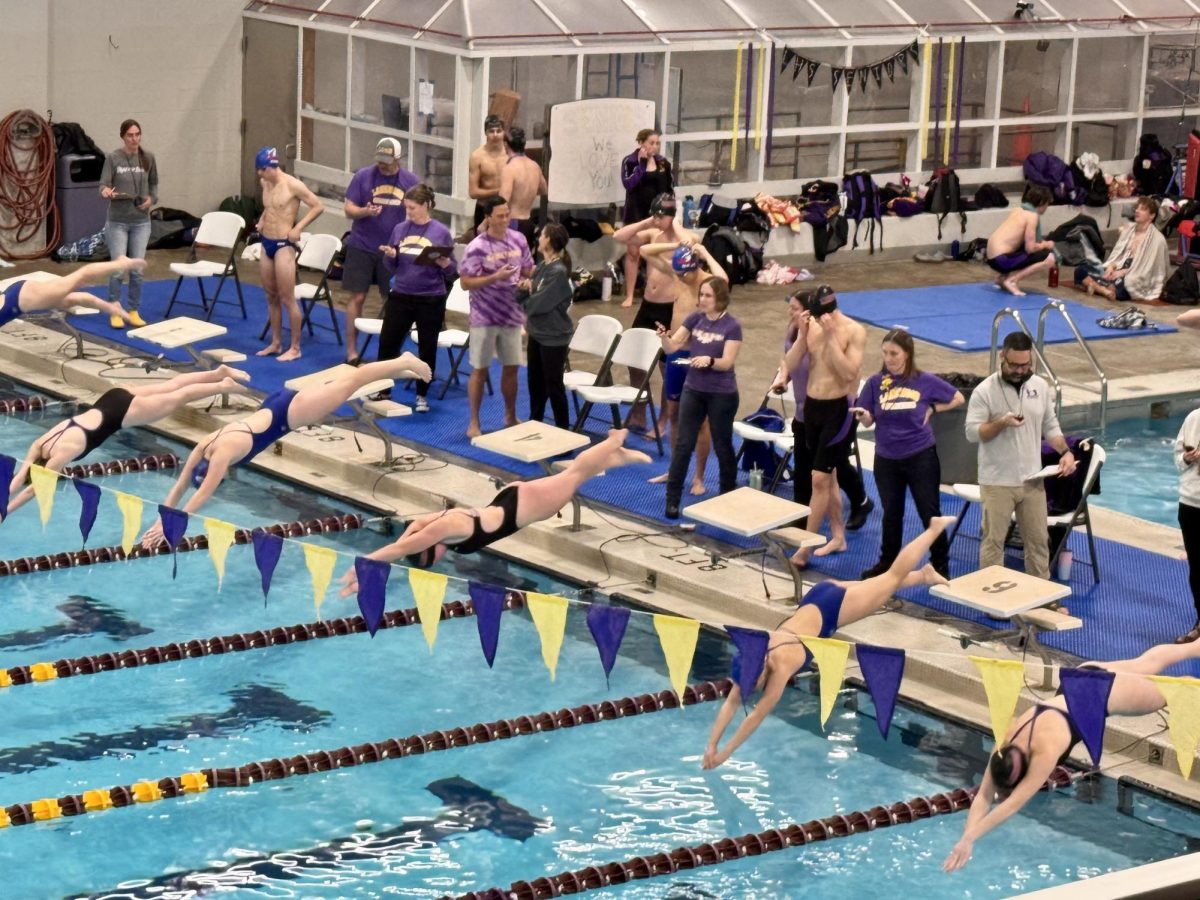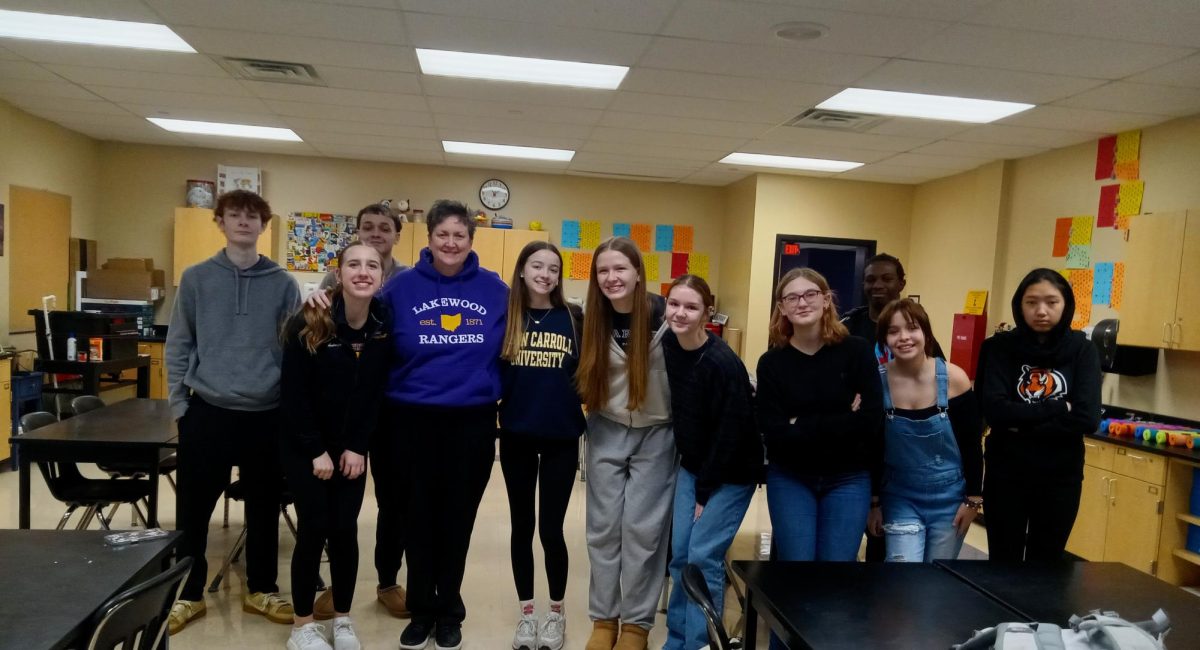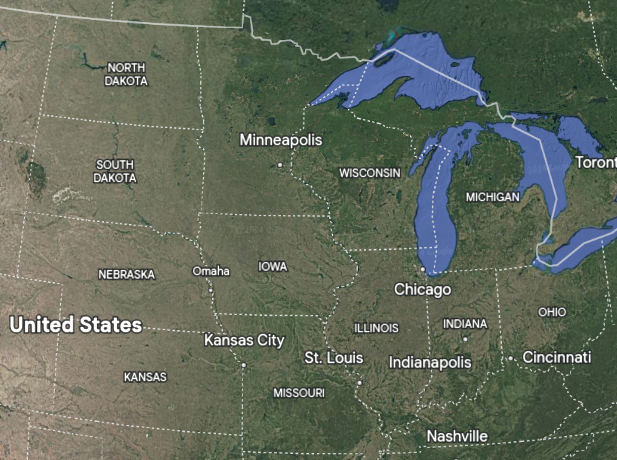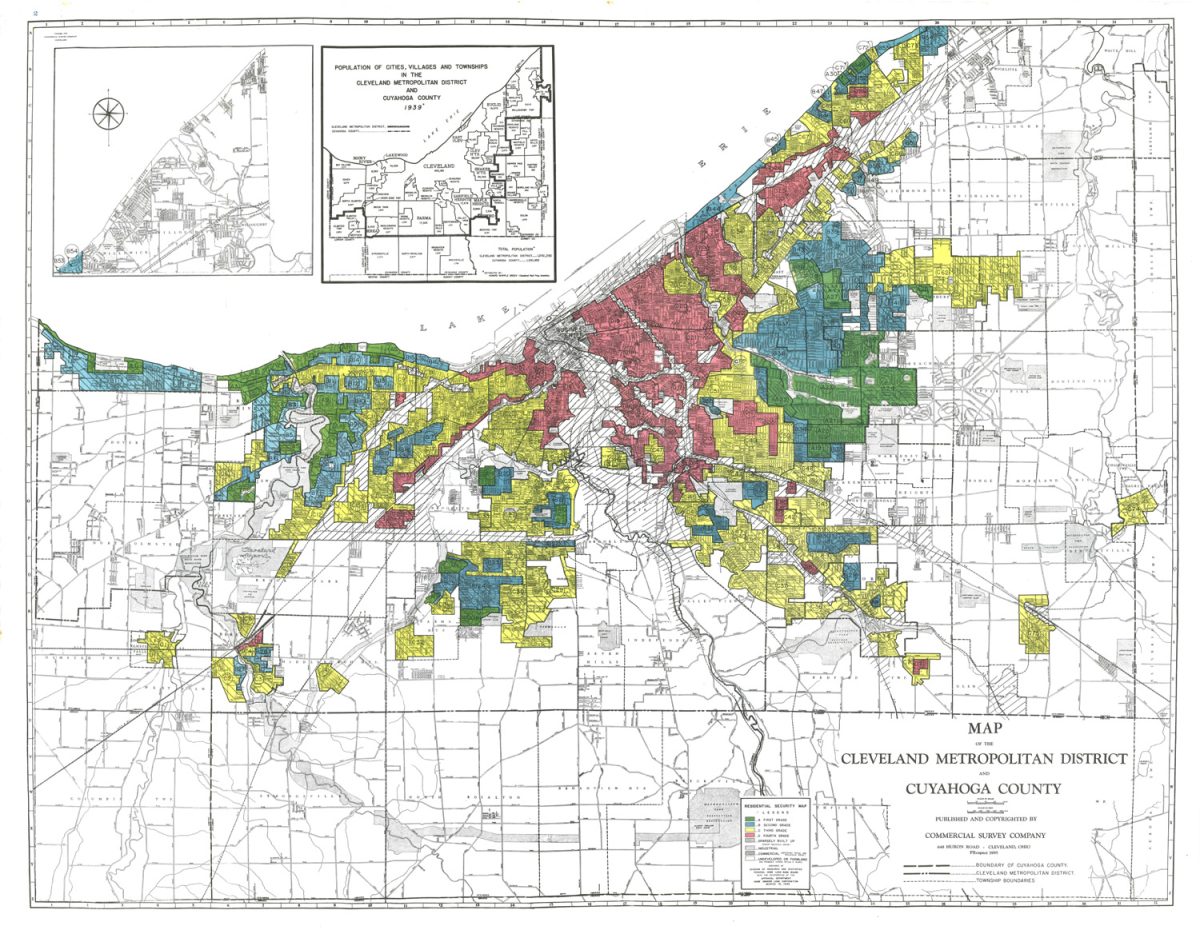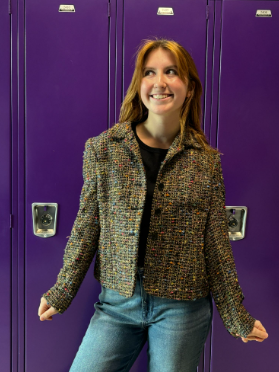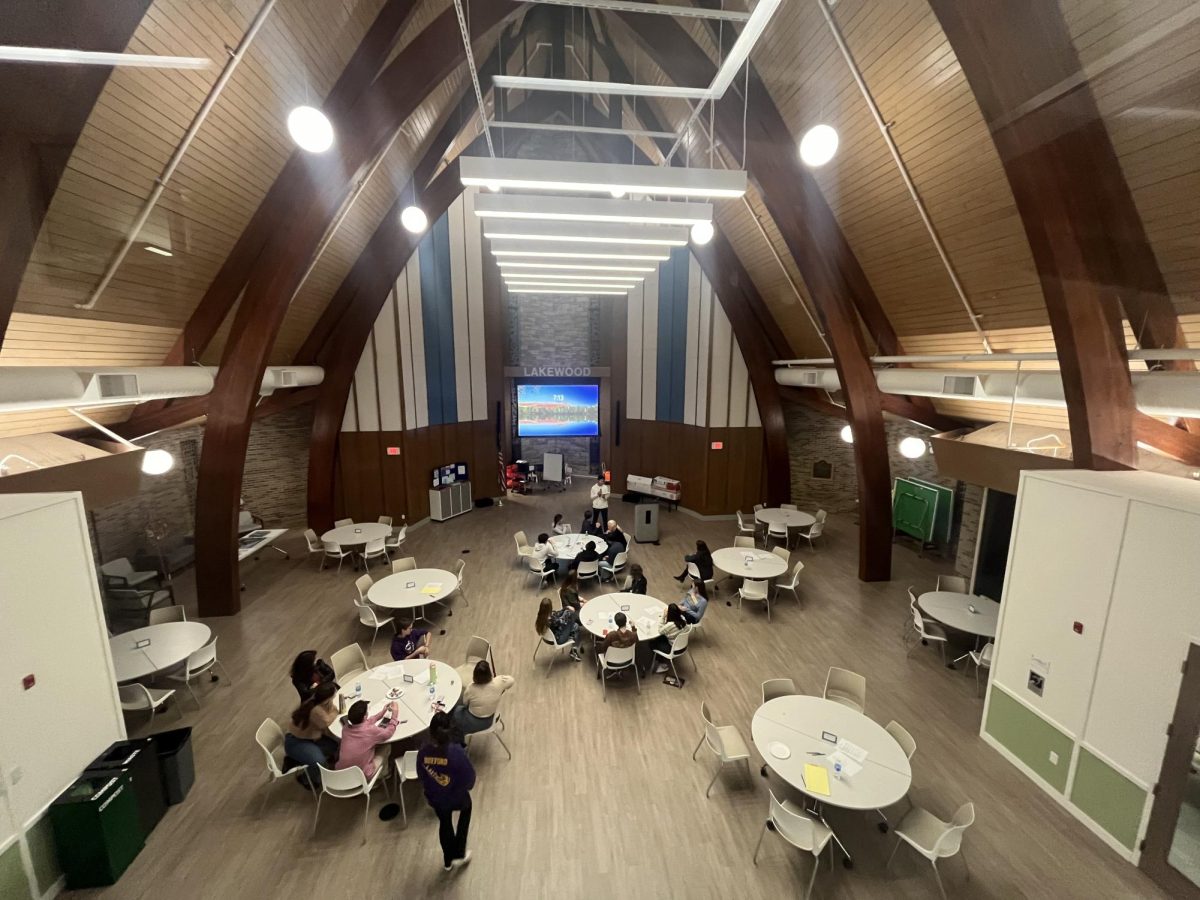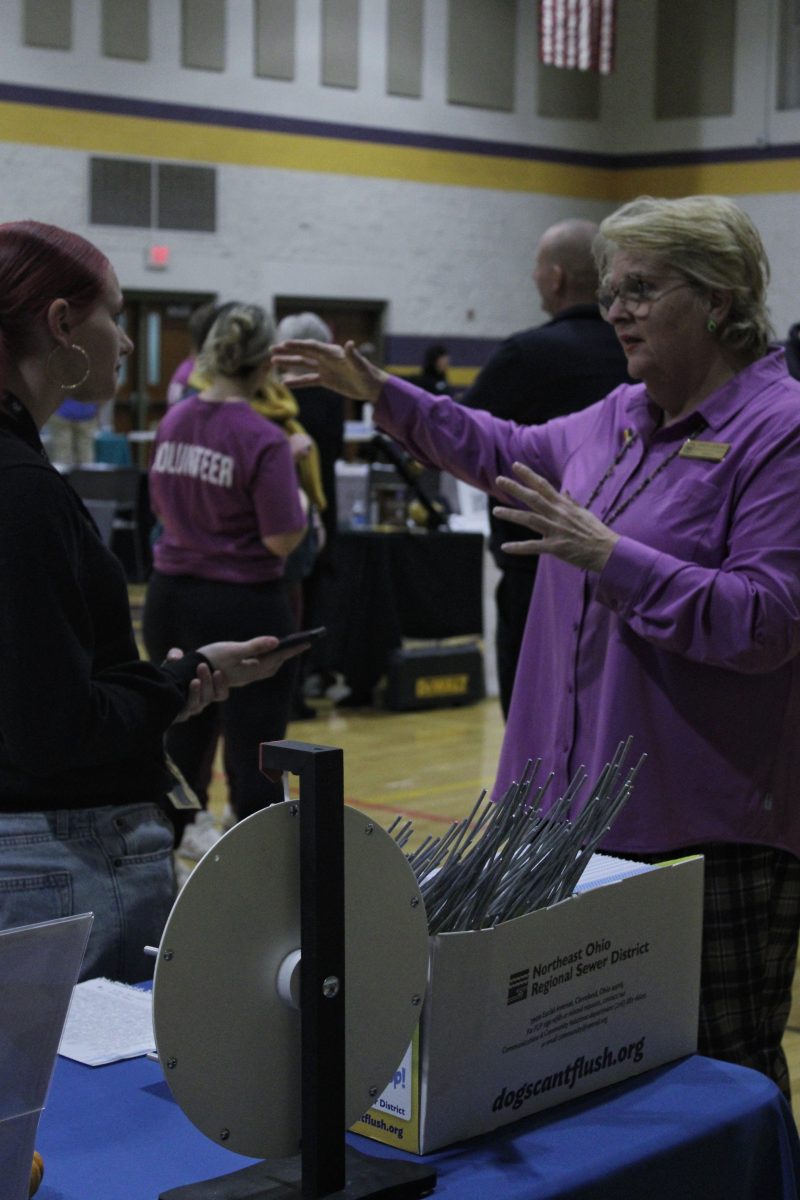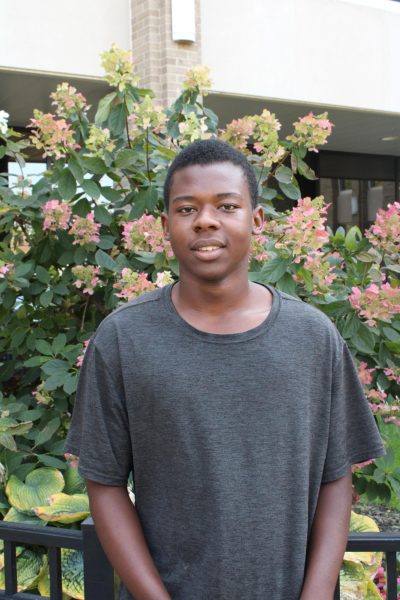Over this past week, a group of citizens, mostly students, gathered at the Cove Community Center in Lakewood, Ohio, to discuss key issues outlined by the city. The meeting created a space for open conversations about opinions and concerns, primarily focused on two major topics: economic stability and education. High school students, parents, and city officials filled the room, each bringing their own perspective on the current state of the city and what the future might hold.
First, the discussion turned to Lakewood’s economy and whether the city’s finances were stable enough to keep funding essential services. Many attendees left the budget hearing feeling confident about how things stand right now, but there was still worry about the challenges ahead, especially with broader economic pressures affecting cities across the country. Some praised the city’s ability to balance the budget while continuing to fund community programs, while others questioned if Lakewood could keep up with rising costs and still deliver the same level of services.
Evan Seiler, a student from Lakewood High School, talked about how important extracurricular programs like the swim team and marching band have been for him. He explained that these activities weren’t just after-school programs—they were a core part of his high school experience.
“These programs are really important for the community,” Seiler said.
Seiler described how they helped him feel connected to others and gave him a sense of belonging. He stressed that these programs had made a significant impact on his academic and social life, shaping the culture of Lakewood schools.
Other students agreed with Evan, pointing to the recreation center and the city’s sports and fitness facilities as some of Lakewood’s most valuable resources. They highlighted the high school pool and gym, noting how those amenities gave Lakewood an advantage over nearby districts. “The school offers things you don’t see in other districts,” one participant said, emphasizing how the facilities allow students to explore their interests in sports and other physical activities. For these students, the facilities weren’t just a bonus—they were essential tools that helped them pursue their goals and feel supported.
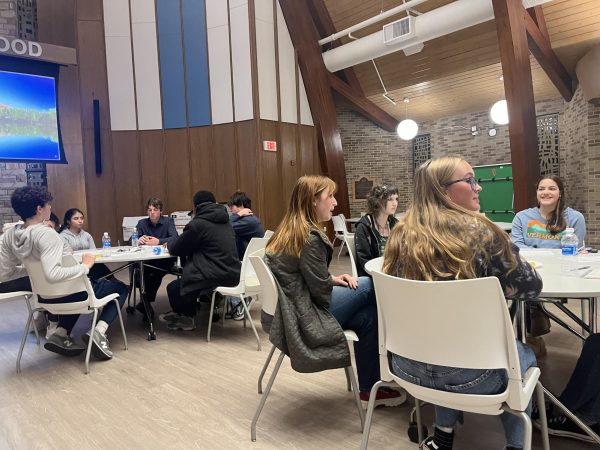
The topic of education brought even more comments, especially from students who hoped to share their personal experiences with the school system. Most of the feedback was positive. Many students praised the high school’s specialized courses and extracurricular programs, which they felt gave them opportunities to grow in different ways. Landon Vincel, a freshman, said that Lakewood schools had done a great job meeting his needs academically and socially.
“I think Lakewood does a great job offering programs that benefit a lot of students,” Vincel said.
The gifted program, in particular, became a focal point during the discussion. Several students remarked that the program, which follows students from elementary school through high school, was unlike anything they’d seen elsewhere. One participant shared, “When I first moved here, the gifted program was a whole new thing for me,” Vincel continued, highlighting how unique it was compared to other districts. Others added that having such a program made Lakewood stand out, offering students opportunities that are hard to find in other school systems. It was clear that the program symbolized the city’s commitment to creating diverse learning opportunities for all students.
As the meeting went on, it became obvious that education was a top priority for many residents. This was especially true when it came to the gifted program, which represented the city’s dedication to providing resources that support every student, regardless of their background or abilities. Many students spoke about how the school system had helped them excel academically while also ensuring they had the support needed to succeed in other areas of life.
Despite the challenges facing Lakewood, most students expressed optimism about the future. While they acknowledged issues like balancing the budget and managing economic pressures, they also felt that the city had laid a solid foundation for sustainable growth.
One student summed it up, saying, “I feel like Lakewood does an amazing job of providing programs that benefit everyone.” They highlighted how the combination of academic, extracurricular, and community programs helped students grow in multiple ways, beyond just schoolwork.
The meeting made one thing clear: community involvement plays a huge role in shaping Lakewood’s future. The students emphasized how their personal experiences with school and local programs connect directly to the city’s overall health and success. Whether it’s participating in sports, using city resources, or getting involved in budget discussions, the attendees seemed committed to doing their part to ensure Lakewood continues to thrive as a community.
